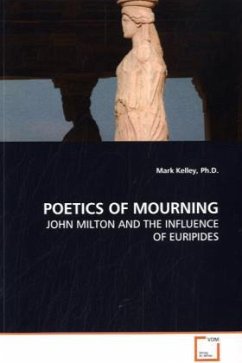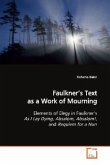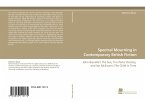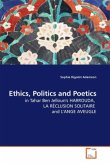Milton criticism, and especially that of Samson
Agonistes, is commonly founded upon two certainties:
the certainty of Samson s regeneration, and the
certainty of Milton s idealizing Christianity.
These platitudes have led too many critics to
accommodate Samson (and by implication Milton) into
a neo-conservative, predictable, brutally
formalistic mold that, instead of challenging,
enshrines inherited systems of belief. Euripides,
Milton s favorite tragedian, wrote tragedy through
his experience of the Peloponnesian War and the
resultant fall of the Periclean democratic
experiment, a disaster Milton recognized in his own
experience of the English civil war. Through war
and tragedy Euripides searched the individual and
historical boundaries between normality and
pathology, locating the source of tragedy in the
tense interdependence of opposites: the forces of
creation and destruction in ourselves, our
societies, our world. This study examines Milton s
intellectual and imaginative development in light of
Euripidean tragedy, a development that would
culminate, achieve its fullest expression, in
Milton s last poem Samson Agonistes.
Agonistes, is commonly founded upon two certainties:
the certainty of Samson s regeneration, and the
certainty of Milton s idealizing Christianity.
These platitudes have led too many critics to
accommodate Samson (and by implication Milton) into
a neo-conservative, predictable, brutally
formalistic mold that, instead of challenging,
enshrines inherited systems of belief. Euripides,
Milton s favorite tragedian, wrote tragedy through
his experience of the Peloponnesian War and the
resultant fall of the Periclean democratic
experiment, a disaster Milton recognized in his own
experience of the English civil war. Through war
and tragedy Euripides searched the individual and
historical boundaries between normality and
pathology, locating the source of tragedy in the
tense interdependence of opposites: the forces of
creation and destruction in ourselves, our
societies, our world. This study examines Milton s
intellectual and imaginative development in light of
Euripidean tragedy, a development that would
culminate, achieve its fullest expression, in
Milton s last poem Samson Agonistes.







